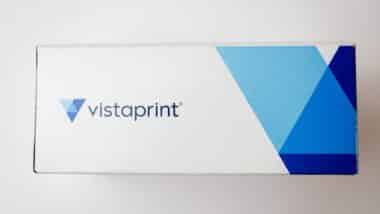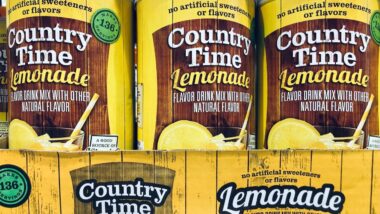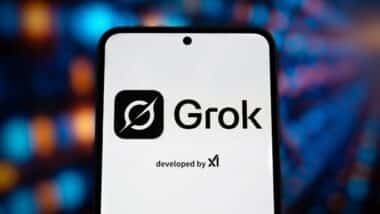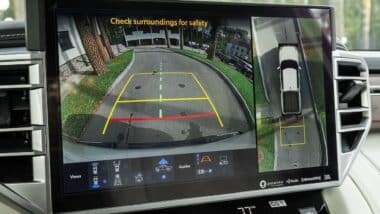 What is the Do Not Call List?
What is the Do Not Call List?
Also known as the National Do Not Call Registry, the do not call list is a database maintained by the United States federal government consisting of phone numbers for consumers or families that have requested no communications from telemarketers.
While federal privacy laws like the Telephone Consumer Protection Act (TCPA) apply to certain callers, separate regulations apply to robocalls in the United States.
The Federal Trade Commission (FTC) opened the National Do Not Call List to comply with the Do Not Call Implementation Act of 2003, which helps stay within compliance of the TCPA.
Registration for the Do Not Call List opened on June 27, 2003, and enforcement started on Oct. 01, 2003, with phone numbers only staying on the Do Not Call Registry for only five years. However, numbers can now be registered on a permanent basis of the Do Not Call Improvement Act of 2007 that came into effect in February 2008.
Does the Do Not Call List Work for Cell Phones?
Consumers can add landlines or cell phone numbers to the registry, with the FCC prohibiting telemarketers from calling cell phone numbers with an automated dialing system in most circumstances.
In addition, fax numbers do not need to be included on the registry because existing federal privacy laws protect consumers against unsolicited faxes.
It is important to note that if a consumer does not want to register either their landline or cell phone number on the Do Not Call List, they can still prohibit individual telemarketers from calling them by asking the representative to place them on the company’s do-not-call list.
This is a provision required by the TCPA, which states companies cannot contact consumers for up to five years once they have asked the communications to cease.
The TCPA was established by Congress in the early 1990s to help protect consumers against persistent telemarketers, which required callers to respect consumers’ privacy.
Along with requiring companies to keep a do not call registry, the policy requires additional regulations including only calling reasonable daytime hours and not occupying emergency lines designated for 911 services.
What happens if spammers call my cell phone even though my number is on the Do Not Call List?
It is important to note that if a consumer gives a company prior express consent before any communications are sent, then the company can use an automated dialing system. However, if a consumer revokes this consent, the calls and texts must stop.
Even though TCPA regulations and the Do Not Call List helps protect consumers, they seldom completely stop. Here are some tips that can help reduce the number spam calls and texts:
- Do not answer calls from unknown numbers
- Join the National Do Not Call List
- Use blocking services provided by cell phone provider
- Block individual phone numbers
- Use well reviewed apps that are programmed to block spam calls
How do I document spam calls?
Companies that violate the TCPA can face between $500 to $1500 per unwanted phone call or text, depending if willful intent can be proven. Consumers who are considering filing legal action under the TCPA should make a log of unwanted calls and texts with the following information:
- Date and time of call or text
- Summary of call or text
- Whether express prior consent was given
- If consent was revoked before or after communications were sent
Join a Free TCPA Class Action Lawsuit Investigation
If you were contacted on your cell phone by a company via an unsolicited text message (text spam) or prerecorded voice message (robocall), you may be eligible for compensation under the Telephone Consumer Protection Act.
This article is not legal advice. It is presented
for informational purposes only.
ATTORNEY ADVERTISING
Top Class Actions is a Proud Member of the American Bar Association
LEGAL INFORMATION IS NOT LEGAL ADVICE
Top Class Actions Legal Statement
©2008 – 2026 Top Class Actions® LLC
Various Trademarks held by their respective owners
This website is not intended for viewing or usage by European Union citizens.















One thought on Does the Do Not Call List Work for Cell Phones?
My cellphone is registered with the Do-Not-Call List and yet I still get Robocalls and Unsolicited calls from Fraudsters. ADD ME.